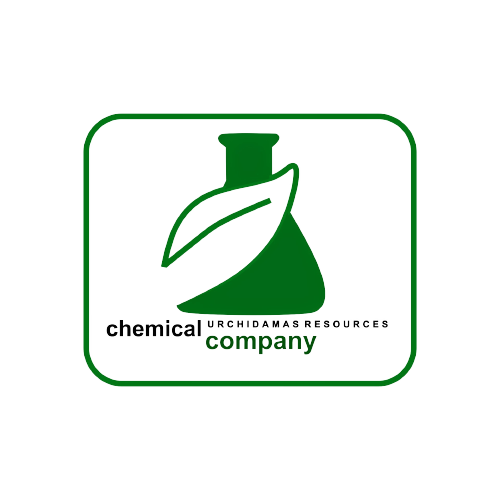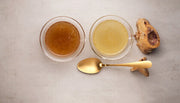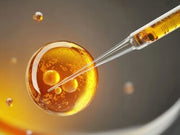INCI: Ellagic Acid.
USAGE RATE: 0.5% to 3%
Percentage: 90%
APPEARANCE: Dark brown powder Molecular weight: 302.9.
Ellagic Acid (EA) is a natural polyphenol, also known as Benzoaric Acid or Gallic Acid. Ellagic Acid is abundant in plant tissues, particularly nuts and fruits. Ellagic acid and ellagotannins can be found in several plant sources, with red raspberry containing the greatest concentration observed.It is also found in pomegranate peel. Ellagic acid is naturally found in plants as ellagotannins, which can be transformed to ellagic acid through chemical or enzymatic hydrolysis for use in cosmetics.
This substance can remove free radicals, reduce lipid peroxidation, and have skin-whitening, astringent, and anti-oxidant properties. Ellagic Acid, a natural substance with many properties, has been used to diminish UV-induced skin pigmentation by inhibiting tyrosinase activity and binding to copper at its active site. Ellagic acid can be utilised in antidandruff shampoo formulations. Ellagic acid can act as an antipollution cosmetic agent, protecting the skin from pollution's harmful effects.
The pomegranate fruit peel extract contains ellagic acid at pH levels of 5.5, 7, and 8. The stability tests show that the ellagic acid-rich pomegranate fruit peel extract is stable enough for the creation of herbal medications.
Solubility: Soluble in alkalies and pyridine. Practically insoluble in ether. Slightly soluble in alcohol and water.
STORAGE: Maintain a cold, dark, and dry environment.





